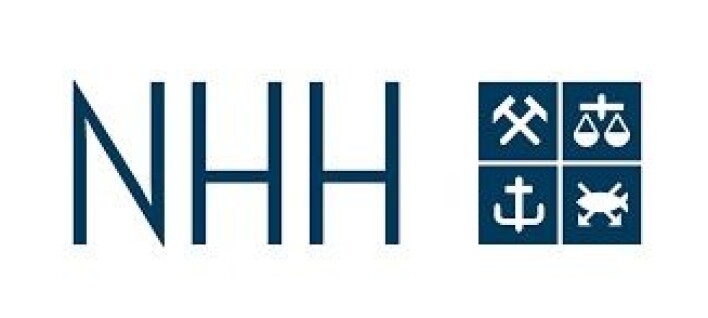THIS CONTENT IS BROUGHT TO YOU BY NHH - Norwegian School of Economics - read more
Ambitions spread in the classroom:
Students from elite families lift others with them
In some families, it’s almost expected: You’ll become a doctor, lawyer, or economist. For these young people, top-tier studies are a given – and that rubs off on their peers.

In the Norwegian TV 2 series Skolebytte (School Swap), students from Oslo’s east and west trade schools to learn more about each other – and themselves.
A new study from NHH – Norwegian School of Economics shows that such encounters may have deeper consequences than many realise.
“Access to an inside network is extremely important,” says NHH Professor Kjell Gunnar Salvanes.

Choose selective programmes
Using an exceptionally rich Norwegian dataset, the researchers reach a clear conclusion:
When teenagers from highly educated homes – doctors, lawyers, and economists – attend school alongside peers from less-educated families, something happens.
They influence their classmates.
Grades improve, and more students apply to programmes with high entry requirements.
“We see that the peer effect is strong. Such interactions among students can create new ambitions,” says Salvanes.
Sharp divides today
Today, there are large differences between upper secondary schools, especially in the big cities.
Students from highly educated families tend to cluster at the same schools, while those from lower socioeconomic backgrounds attend others.
“In this way, inequalities are reproduced across generations,” says Salvanes.
The researchers wanted to answer two questions:
- What is the likelihood of choosing a demanding field of study if you attend school with children of doctors, lawyers, and economists?
- How do these effects differ across student groups?
The study draws on Norwegian registry data for nearly 180,000 students who started upper secondary school between 2002 and 2010.
By linking student records with information about parents’ education, occupation, and income, the researchers could identify students whose parents had prestigious degrees and high-status jobs.
Clear results
The research revealed that students with highly educated parents influence all kinds of classmates.
"Having such peers increases the likelihood of doing better at school – and of applying for programmes that are hard to get into. We can see this clearly in the exam results, which are independent of teacher assessments,” says Salvanes.
All students were influenced – not just those from families with little or no higher education.
In other words, the networks students form in upper secondary school, regardless of their earlier performance, shape their educational choices and later success in the labour market.
Two key mechanisms
According to the researchers, there are two main mechanisms at play.
The first concerns academic standards – study habits, attendance, and discipline – that spread among classmates.
The second, and even more important, concerns social networks.
“They influence classmates’ ambitions. More students gain insight into educational pathways and career opportunities, and dare to aim for the most competitive study programmes,” says Salvanes.
Conversations at home
Students from elite families bring with them both knowledge and ambition.
“They visit each other’s homes, where parents with higher education talk about which degrees open doors and what it takes to get in,” explains Salvanes.
According to the researchers, this is one way segregation can be broken down.
When students from different backgrounds meet, more of them gain access to information, role models, and networks – long before they have to decide what to study.
Possible measures
Given today’s admission system, is there any hope of creating more mixed student groups in upper secondary schools?
“One option could be a hybrid system, where a certain share of admissions is based on proximity to the school,” says Salvanes.
He is more sceptical about whether targeted counselling alone can make a major difference.
“Lack of information probably plays a role, but it’s unclear whether increased guidance can outweigh the strong network effects. The key is to create opportunities for direct interaction between different student groups,” says Salvanes.
Reference:
Cattan et al. 'First Generation Elite: The Role of School Networks', American Economic Review, 2025. (Abstract)

This content is paid for and presented by by NHH - Norwegian School of Economics
This content is created by NHH's communication staff, who use this platform to communicate science and share results from research with the public. NHH - Norwegian School of Economics is one of more than 80 owners of ScienceNorway.no. Read more here.
More content from NHH:
-
Researchers are concerned about the gap in AI usage between male and female students
-
78 per cent find green living difficult
-
Norwegians send rude e-mails - without realising they do so
-
Norwegian men as an export item
-
Norwegian infant mortality no longer dependent on income
-
Closing borders in 2020 reduced COVID-19 infections and fatalities




































